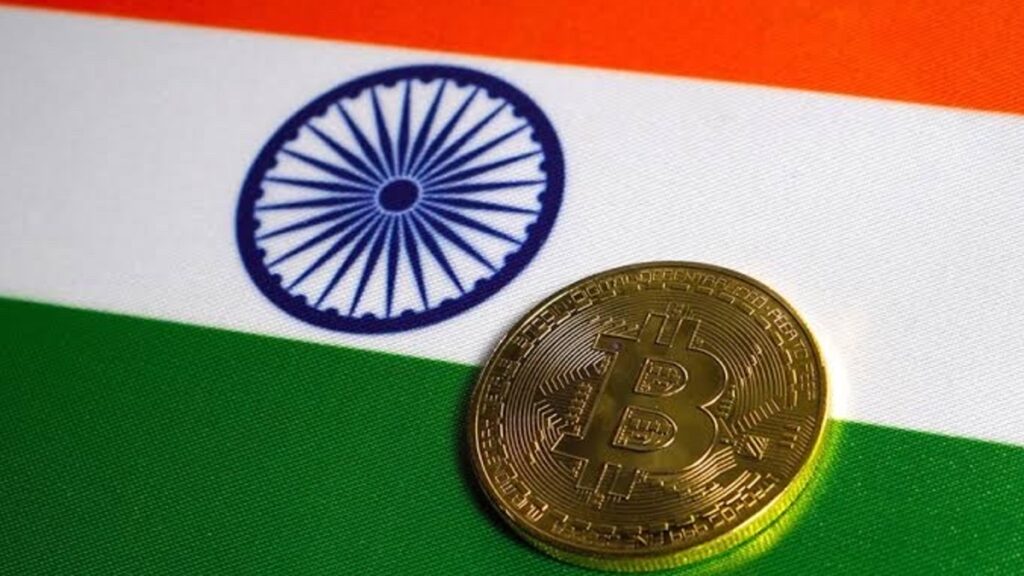Indian regulators plan to release a discussion paper on the country’s position on cryptocurrencies by the conclusion of 2024.

Ajay Seth, the secretary of Economic Affairs, stated in a recent interview that the discussion paper will clarify the government’s position toward cryptocurrency. The document aims to gather feedback from important parties to develop cryptocurrency regulations in a highly populated country. Ajay Seth, the Secretary of Economic Affairs, declares:
“In India it (cryptocurrencies) is being regulated from the perspective of AML and EFT alone. Regulation starts and ends there, it cannot be beyond that, so should the remit be more? What should be the policy stance? All that will come out in the discussion paper.”
A collaborative team of various regulatory bodies is now preparing a discussion paper. Seth reports that the group is currently investigating a more comprehensive policy regarding cryptocurrency. The release of the discussion paper is anticipated before September.
The group comprises the Reserve Bank of India, the nation’s central bank, and the Securities and Exchange Board of India, which functions as its market regulator. The Reserve Bank of India (RBI) has consistently expressed opposition to including cryptocurrencies in the country, expressing concerns about their potential hazards to India’s economic stability.
Consequently, the central bank has suggested implementing a comprehensive prohibition on cryptocurrencies rather than attempting to regulate them. In contrast, the securities regulator in India has presented a more favorable position.
In May 2024, the Securities and Exchange Board of India (SEBI) advocated adopting a multi-agency approach to regulate cryptocurrency in the country. The recommendations, submitted to an advisory committee, included proposals to assign regulatory authority to several entities, such as India’s Insurance Regulatory and Development Authority.
In addition, Seth referred to a synthesis document produced by the IMF-FSB in July 2023, which cautioned against implementing a complete prohibition on digital currencies. In October, the finance ministers and central bank governors (FMCBG) of G20 nations approved the idea put out by the global regulator.
The proposal from the IMF-FSB was presented during India’s presidency at the G20 summit last year. Seth said that those frameworks should be taken into account during the process of creating the policy paper.
Sumit Gupta, one of the co-founders of CoinDCX, an Indian cryptocurrency exchange, praised the decision, describing it as a “significant measure” in regulating the cryptocurrency industry. As prominent participants in this industry, we strongly encourage the government to solicit feedback from domestic enterprises aggressively.
Gupta stated that involving local businesses will guarantee a strong, comprehensive, and encouraging regulatory framework for innovation. India currently lacks a legislative framework for cryptocurrencies, but it has implemented a 30% tax on earnings earned through cryptocurrencies, along with a 1% tax deducted at the source.
Nevertheless, the regulators have continued to impose strict regulations on the sector. The Financial Intelligence Unit of India has made it compulsory for crypto service providers operating in the country to obtain a license. Consequently, several offshore crypto exchanges were prohibited early this year.
